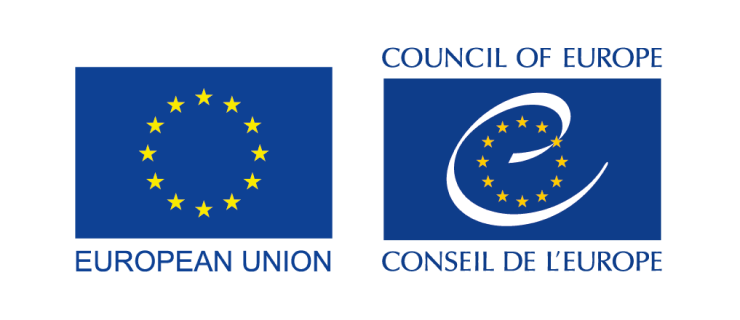History Education, Diversity and Inclusion (HEDI) 2025
Thematic focus
- Other Approaches
- Museums, Memorials and Exhibitions
- Primary Schools
- Secondary Schools
- Teacher Training
- Media and Public Discourse
- Other Forms of History Education
- History Didactics / Teaching Practices
- History Education for Persons with Special Needs
- Inclusive History Education
- Innovative Approaches
- Multi-Perspectivity in History Teaching
- Teaching Sensitive Histories
Language
English
Country
Germany
Address
Date
Deadline: 30 November 2024
Contact
s.barsch@uni-koeln.de
Description
Given the diversity in society, which is reflected in schools, the question of making history learning accessible to all remains crucial. Inclusion and diversity have become integral to history education, with research and methodologies expanding significantly over the past two decades. However, substantial theoretical, empirical, and practical challenges persist, necessitating a focused study on history education centered on inclusion and diversity. Recently, a broader understanding of inclusion has emerged, addressing not only disabilities but also social inequalities linked to language, socio-economic status, sexual orientation, and ethnicity, differing from the societal majority. Consequently, inclusion has become a research and practice area across various professions, each offering unique perspectives. The intersection of these factors also impacts historical learning processes. This conference seeks to explore these issues, offering a platform for theoretical perspectives, practical experiences, empirical findings, and conceptual approaches. Key questions include: - Which theoretical approaches in history didactics support inclusion and diversity in history education? - How are historical competences and thinking skills affected by inclusion? - What role does digitization play in inclusive history education? - What empirical evidence exists on inclusive history education? - What conditions are necessary for effective history education programs? - What successful teaching approaches are available? - Which methodological approaches could prove effective in history teaching? We invite proposals for contributions! Presentations should be 20 minutes long, followed by a 10-minute discussion. The conference will be international, with English as the working language. For international participants, funding for travel expenses will be sought. Therefore, early commitment with a working title for a talk or workshop is required.
Organiser
Sebastian Barsch, University of Cologne, Franzika Rein, University Hildesheim
